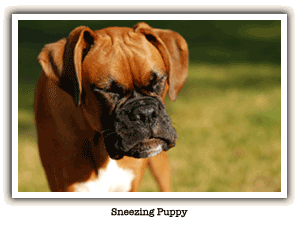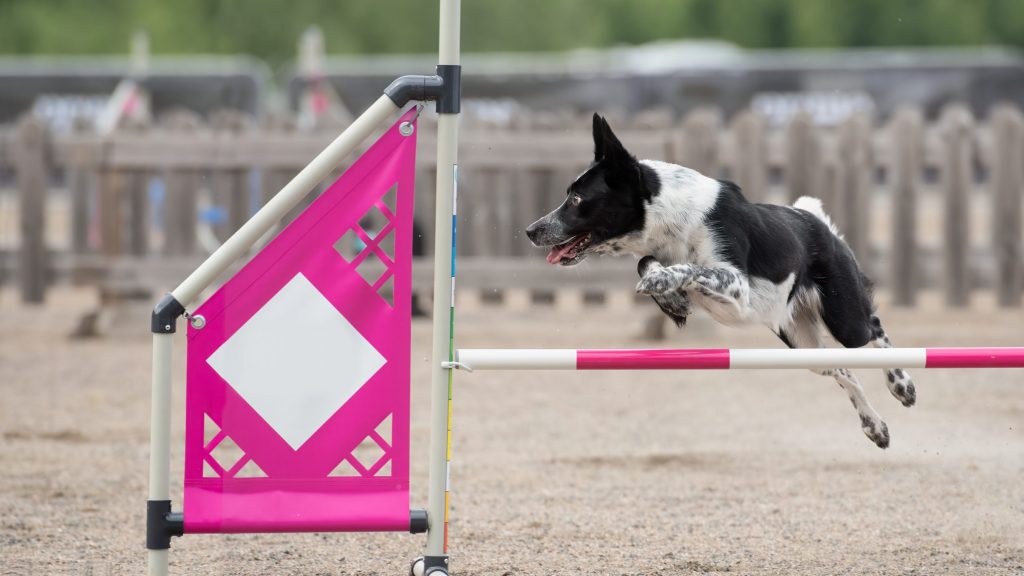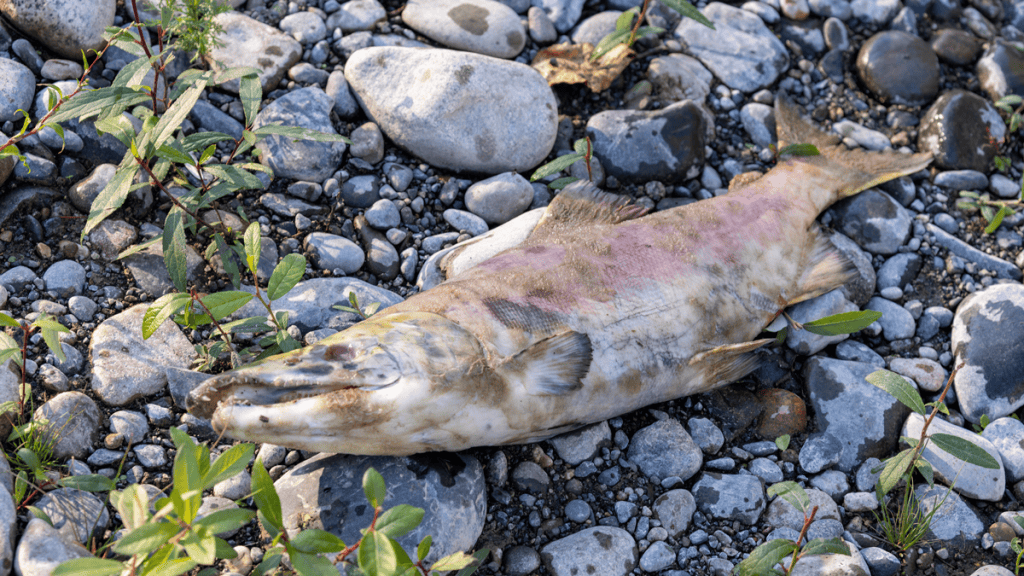Vet Buzz from Bill Barboni, DVM and Chris Pitts, RVT,
Marin Pet Hospital, San Rafael, CA

Woo hoo! Spring has sprung! There is more sunlight to enjoy, gardens are being planted, and many plants are starting to bloom. Spring is a wonderful time for your dog to encounter allergens, as well as toxins in your yard.
One of the most common allergens we find in California is the common flea. The warmer weather can bring fleas out in droves. Keeping up on a monthly flea preventative is key to keeping dogs afflicted with flea allergies happy. One flea is able to bite hundreds of times, meaning that just one flea can make your dog miserable. To cut down on flea infestations, vacuum your home thoroughly on a regular basis. Vacuuming sucks up flea eggs, which will diminish the number of fleas in your home. Likewise, washing your dog’s bedding on a regular basis will cut down on the number of fleas available to bite your dog. Dogs that have flea allergies can feel miserable. They tend to chew like crazy at the base of their tails, hips, and groin area. The chewing can lead to hair loss and even sores that may need to be treated with antibiotics.
All of the wonderful spring plants can set off environmental allergies caused by pollen and grasses. Allergies to pollen and grasses can cause breathing allergies as well as skin allergies. You may notice a timing pattern to these allergic reactions. For instance, you may notice that every May your dog develops a wheeze, or every June he gets a hotspot. It is possible to have allergy testing done to see what causes your dog’s allergy. Testing options should be discussed with your veterinarian.
There are several toxins veterinarians associate with spring that have to do with gardening. One is fertilizer. There is nothing that your average dog loves more than to go and chow down on the luscious fish emulsion you just put around your roses. Slug bait is another toxin that veterinarians see a lot of problems with in the springtime; people are spending more time outside and tend to their yards more as the weather warms up. Many bulbs, such as tulips, hyacinth and lilies, can be especially toxic to your dog. Dogs enjoy digging up bulbs and eating them. If you think your dog may have eaten something he shouldn’t have, call your veterinarian immediately. If you can bring any packaging with you to the veterinarian’s office, it will help the veterinarian decide on the appropriate treatment protocol.
So keep up on your flea treatment, and you might keep your dog out of the vet’s office in the spring. And if you find out your dog has seasonal allergies, you and your veterinarian can work together to come up with a preventative game plan so you both can enjoy as much of the warmer weather as possible.






